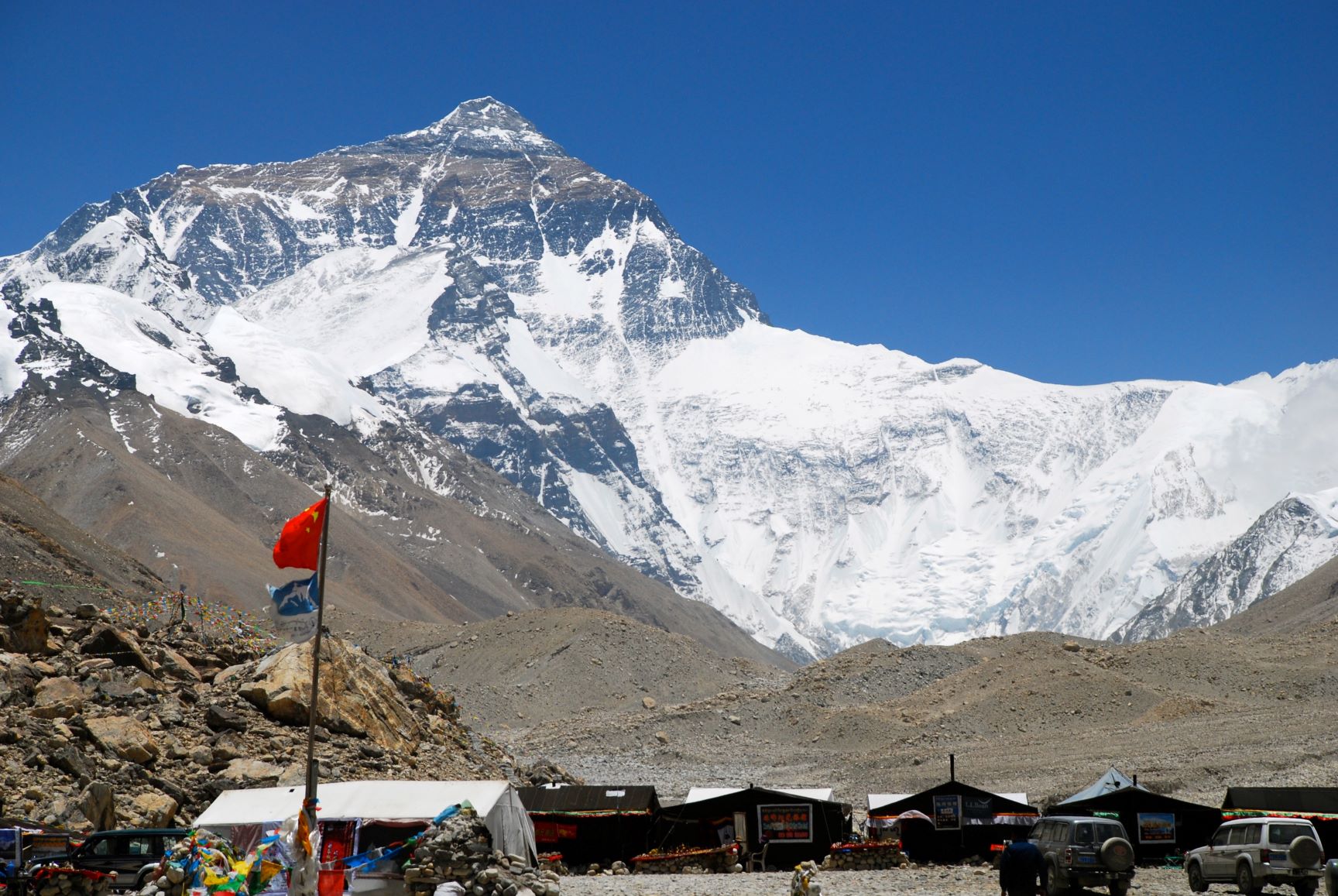A recent Mount Everest 14-member clean-up crew removed 6,613 pounds of trash and recovered four unidentified human bodies in the first two weeks of the 45-day mission that began on April 14.
Approximately 5,200 people have climbed Mount Everest, former President of the Nepal Mountaineering Association Ang Tshering Sherpa told ABC News, and while these thousands of climbers bring multiple pounds of food and gear up the mountain with them, not all of it comes back down.
The Nepalese government decided to fund the clean-up when the 29,029-foot mountain became a “garbage dump” as a result of decades worth of climbers. According to the Everest Summiteers Association, a recent increase in the number of climbers had a severe impact on the mountain’s environment. The campaign is estimated to cost about 23 million Nepalese rupees, the equivalent of $206,540, according to Nepal’s Department of Tourism.
According to CNN, the Everest Cleaning Campaign has removed empty cans, bottles, plastic and discarded climbing gear. The garbage is transported via army helicopter to Kathmandu for disposal.
In addition to the over 6,000 pounds of garbage, the clean-up campaign has also recovered four bodies and expects to find more. Over 300 mountaineers have died on the peak since 1922 since records have recorded, Tshering told CNN.
Melting glaciers have revealed decades worth of trash and dead bodies. “Due to the impact of climate change and global warming, snow and glaciers are fast-melting, and dead bodies are increasingly being exposed and discovered by climbers,” Tshering said.
In an effort to reduce the amount of litter, China banned non-climbers from its side of the mountain in February. In 2014, Nepal announced each climber is required to pay a $4,000 garbage tax before climbing. The money will only be refunded to the climber if they bring at least 17.6 pounds of trash back down the mountain.
According to Sagarmatha Pollution Control Committee, it’s estimated that 28,000 pounds of human waste have been recovered from Base Camp this year alone. The committee estimates 30 tons of trash and debris still remain on the mountain.
“Our goal is to extract as much waste as possible from Everest so as to restore glory to the mountain,” Dandu Raj Ghimere, director general of Nepal’s Department of Tourism, told reporters in Kathmandu. “Everest is not just the crown of the world, but our pride.”






